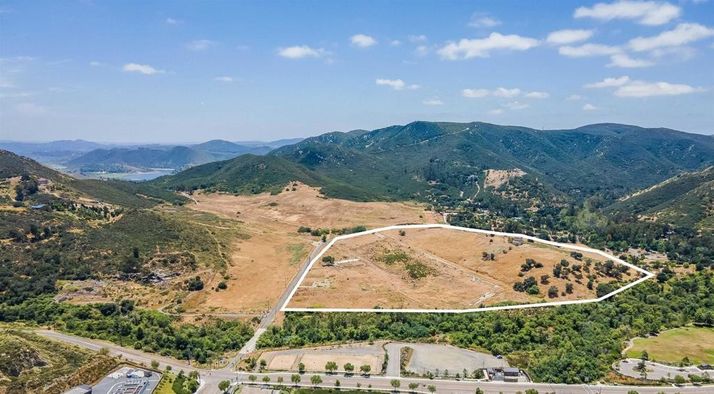
Utah’s diverse and picturesque landscapes, from the red rock canyons of Moab to the alpine beauty of the Wasatch Mountains, make it an alluring destination for those in search of land. Whether you’re looking for a serene getaway, a spot to build your dream home, or an investment opportunity, Utah offers a wealth of Land for Sale Utah. To navigate this real estate market successfully, consider the following tips to find the perfect piece of land in the Beehive State.
1. Clarify Your Objectives and Budget
Before you start your search for land in Utah, take the time to clearly define your objectives and set a realistic budget. Are you seeking a parcel for recreational use, agricultural purposes, development, or investment? Understanding your goals will help you narrow down your search and make informed decisions. Establishing a budget is equally important to ensure you stay within your financial means.
2. Select Your Ideal Location
Utah’s diverse geography offers a wide range of landscapes and lifestyles. Decide on your preferred location—whether it’s the peace and tranquility of rural areas, the amenities of a suburban community, or the convenience of an urban environment. Consider factors like proximity to work, schools, outdoor activities, and your overall lifestyle when choosing your ideal location.
3. Collaborate with a Local Real Estate Agent
Working with a local real estate agent who specializes in the Utah market is a smart move. These professionals possess a deep understanding of local property values, market trends, and zoning regulations. They can provide invaluable insights, grant you access to exclusive listings, and offer expert guidance throughout the purchasing process.
4. Conduct Thorough Property Research
Before you make a commitment to purchase, conduct thorough research on the specific piece of land you’re interested in. Request a property history report to uncover potential issues like liens, encumbrances, or disputes. Investigate the property’s ownership history to ensure a clean title. This diligence is crucial to avoid unexpected complications during the transaction.
5. Evaluate Access and Infrastructure
Accessibility to the land is of paramount importance. Verify that the property has legal and practical access, either through public roads or established easements. Additionally, assess the availability of essential utilities such as water, electricity, sewage, and internet connectivity. If these services are not readily available, calculate the costs and logistics of providing them to the property.
6. Consider Professional Land Surveying
Engaging a licensed surveyor to conduct a professional land survey is a wise step. A survey will provide precise boundary lines, enabling you to understand the exact size and shape of the property. It can also identify potential issues like encroachments or discrepancies with neighboring properties, which is especially crucial if you intend to build on the land.
7. Environmental and Geological Assessments
Utah’s diverse terrain includes areas with unique environmental and geological characteristics. If the land is situated near wetlands, floodplains, or geological hazard zones, conduct assessments to comprehend the associated risks and regulatory requirements. Consulting with experts in these fields can provide valuable insights and ensure compliance with local regulations.
8. Explore Financing Options
Early in the process, explore your financing options. While some buyers may have the means to purchase land outright, others may require financing through loans or mortgages. Research local lenders experienced in land purchases and compare interest rates and terms to secure the most suitable financing option for your circumstances.
9. Visit the Property In Person
Whenever feasible, visit the land in person. Walking the property allows you to assess its terrain, vegetation, and suitability for your intended use. Pay close attention to factors such as topography, soil quality, and potential drainage issues. These on-site observations can provide valuable insights and help you make an informed decision.
10. Seek Legal and Financial Counsel
Before finalizing your land purchase, it’s advisable to seek legal and financial advice. Consult with an attorney to review the purchase agreement, title documents, and any legal obligations tied to the property. Additionally, engage with a financial advisor to ensure that the purchase aligns with your overall financial goals and strategies.
In conclusion, finding land for sale in Utah presents exciting opportunities, but it demands careful planning, research, and collaboration with experts. By defining your objectives, partnering with a local realtor, conducting thorough due diligence, and considering all relevant factors, you can uncover the perfect piece of land in Utah’s captivating landscape. Whether it’s for recreation, investment, or the realization of your dreams, Utah’s land offerings await your exploration and discovery.
